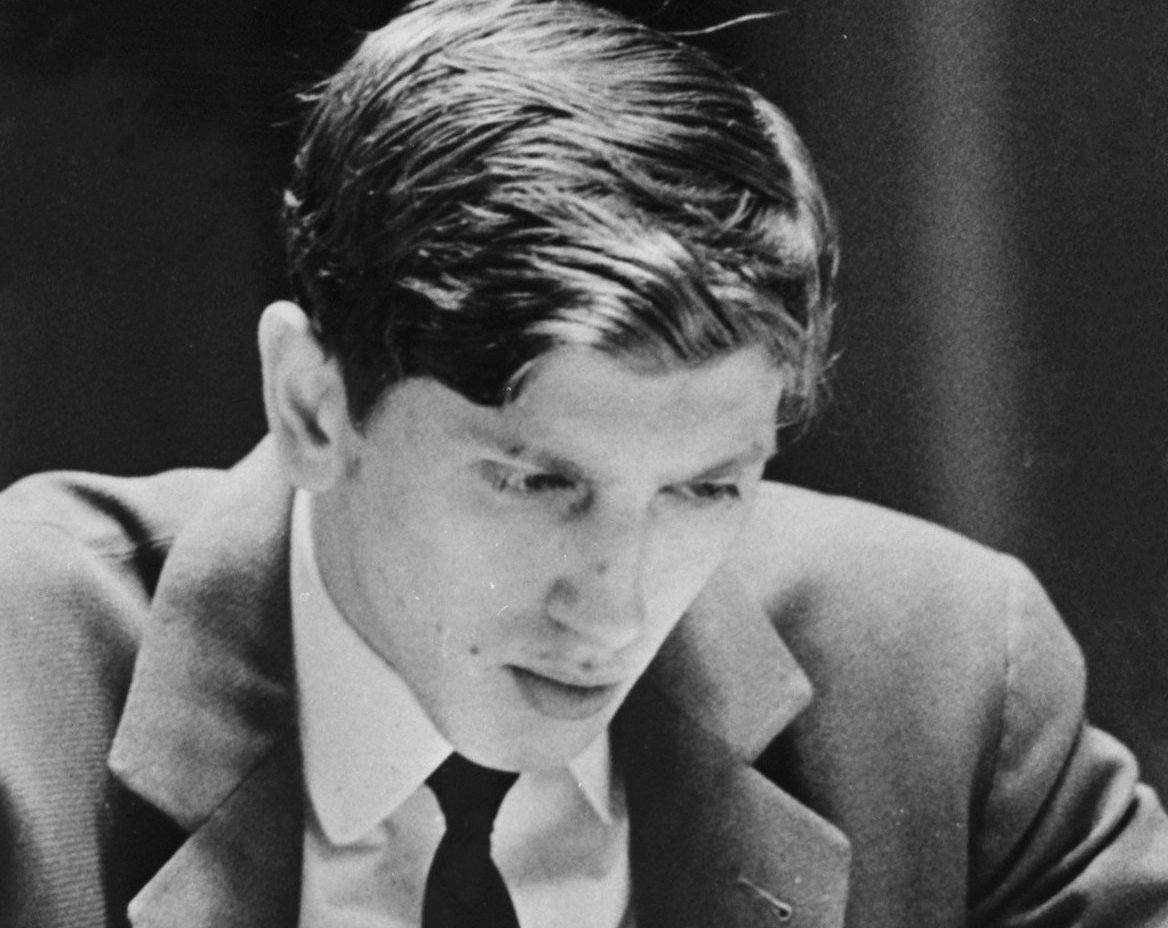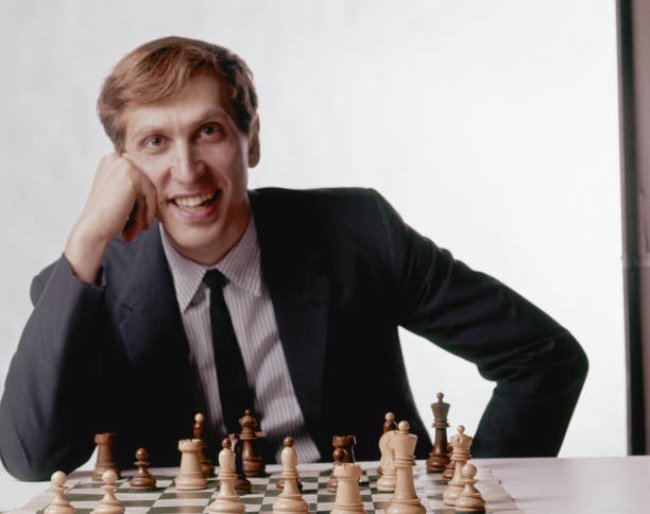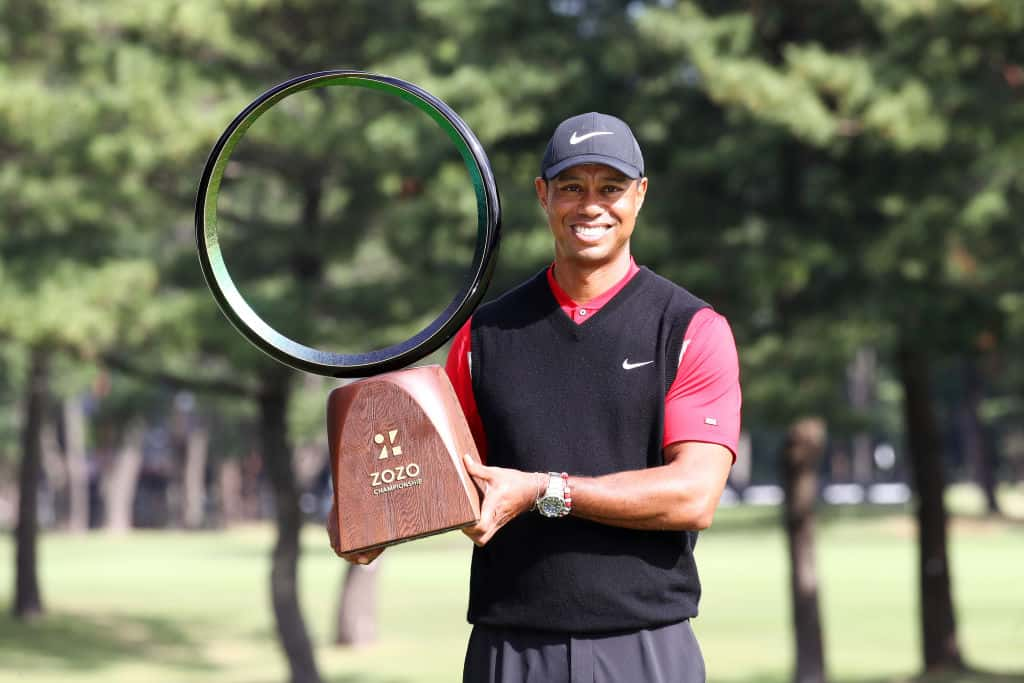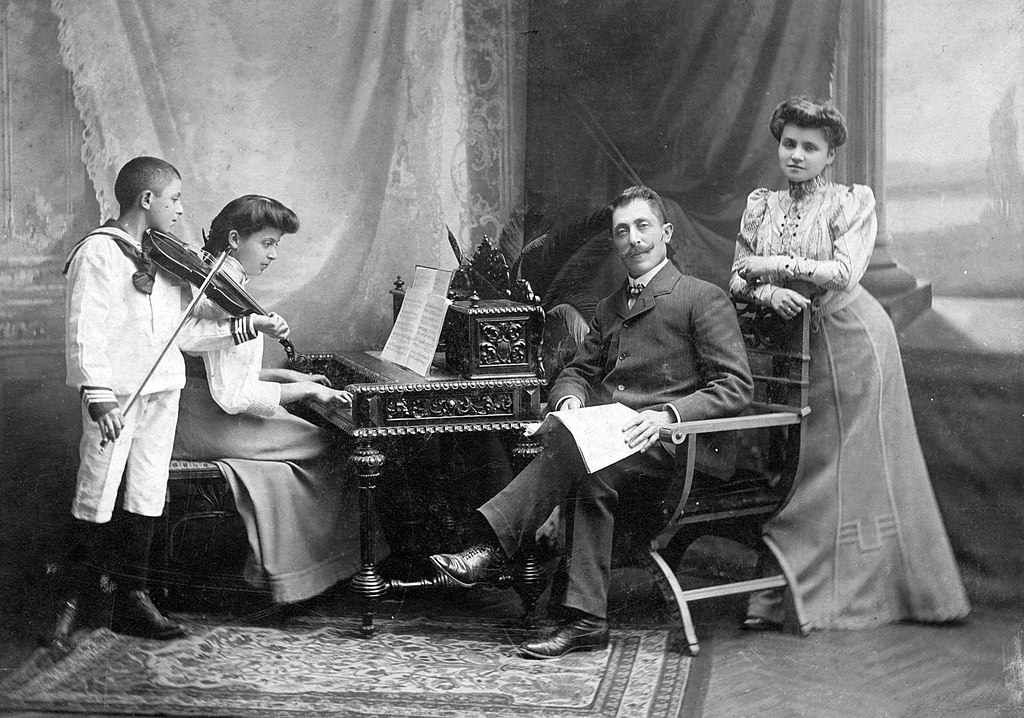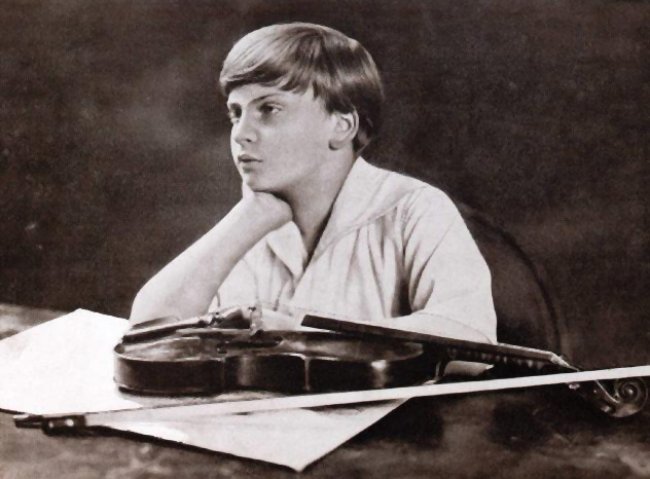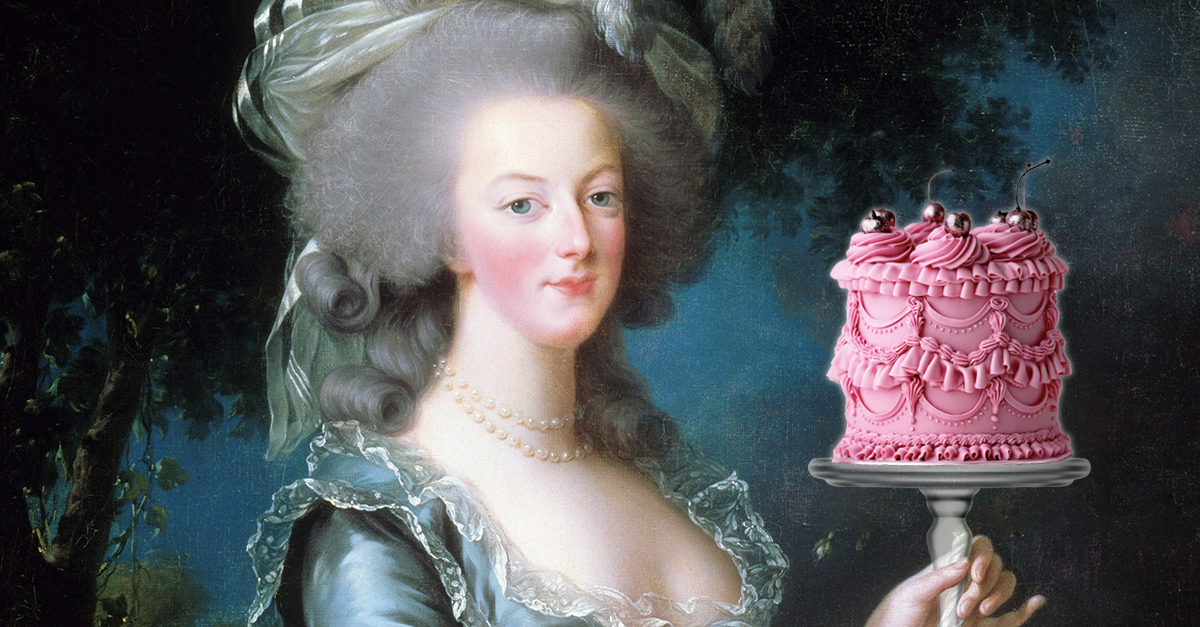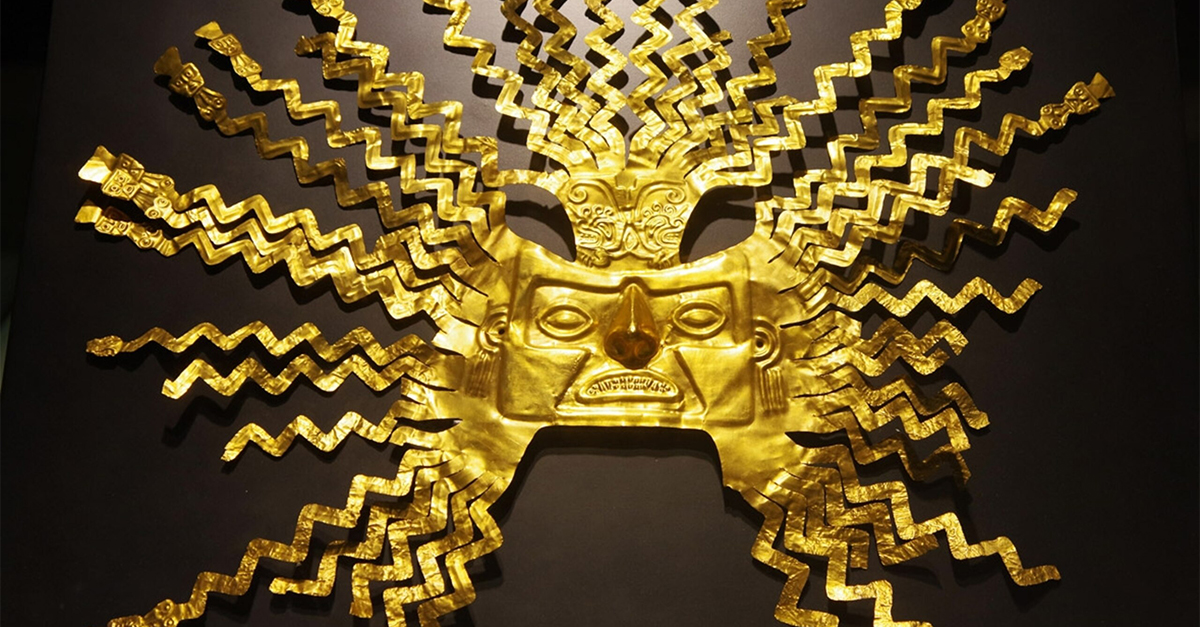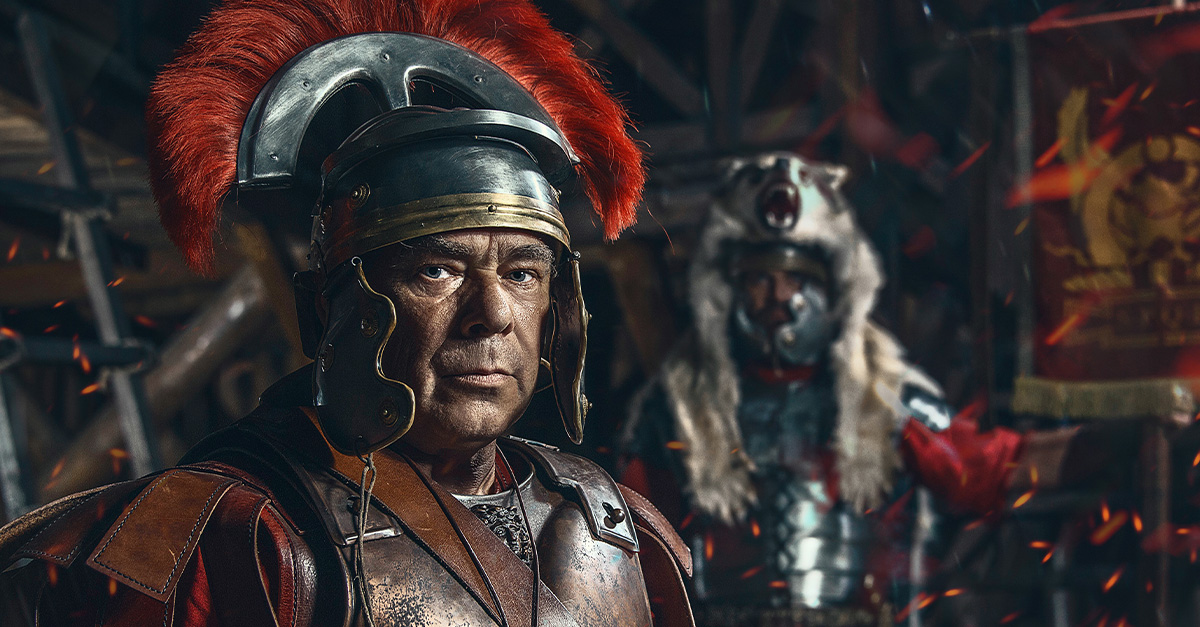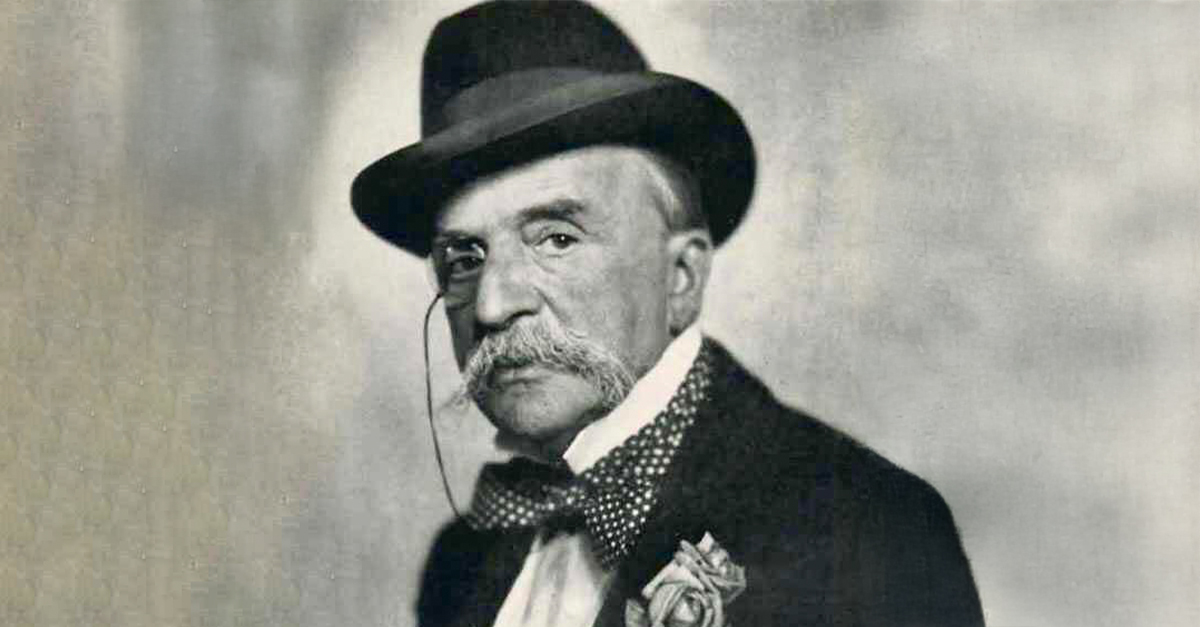Extraordinary Children
A child prodigy (in German: “wunderkind”) is a child under the age of ten that can perform at an adult level of proficiency and beyond in any field. They are most commonly seen in music and STEM pursuits, but can apply their talents in any subject. Let’s take a few minutes to marvel at some of the greatest child prodigies from history.
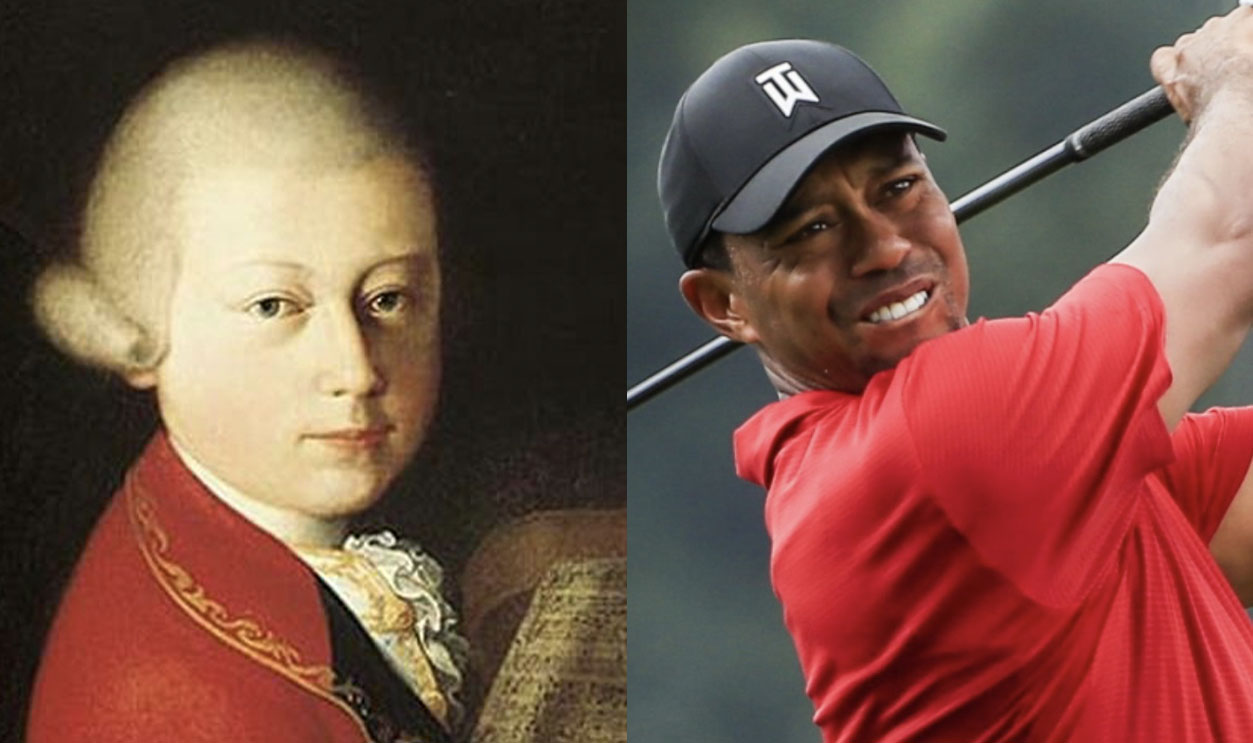
Mozart: The Young Mozart
The story of Wolfgang Amadeus Mozart is well known. He learned to play the piano and violin by the age of five, and from there moved on to composing his first pieces. He was born into a musical family, and his musical development was closely supervised by his father, Leopold Mozart.
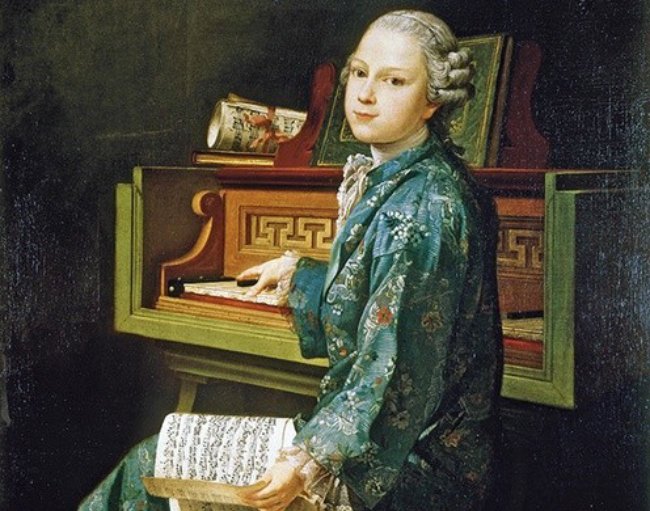 Unknown Artist, Wikimedia Commons
Unknown Artist, Wikimedia Commons
Mozart: Going On Tour
Leopold Mozart shrewdly gauged his now teenage son’s abilities, correctly judging that he would make a big impression on the European stage. Years of touring Europe followed, as critics and audiences were dazzled by Wolfgang’s seemingly boundless potential. The young Mozart, seemed to live and breathe music and was, by this time, composing symphonies and operas.
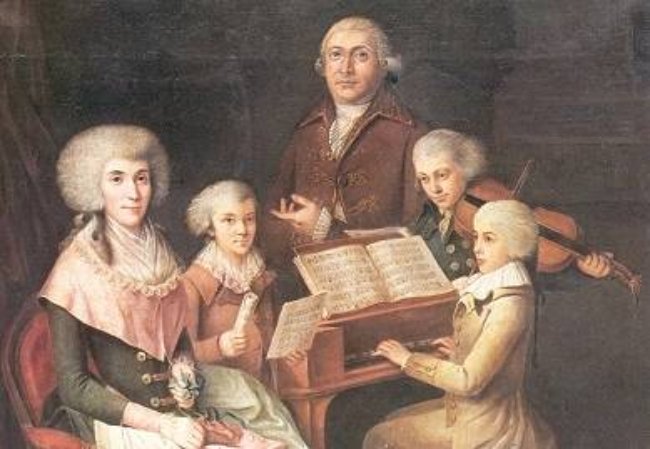 Unknown Artist, Wikimedia Commons
Unknown Artist, Wikimedia Commons
Mozart: A Fountain Of Music
His touring days over, and eager to strike out on his own, the young Mozart held various jobs but never quite settled into any of them for very long. He constantly dedicated himself to improving his music, and remained a prolific composer to the end of his life, which was cut short by illness at the young age of 36.
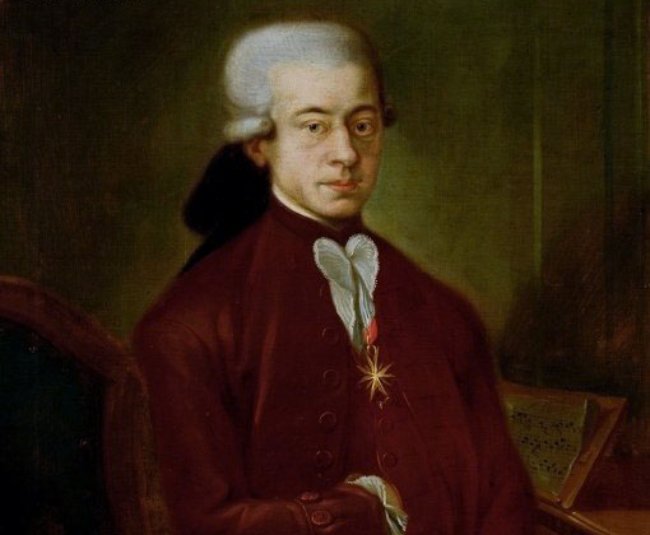 Unknown Artist, Wikimedia Commons
Unknown Artist, Wikimedia Commons
Blaise Pascal: A Genius For Mathematics
There are math prodigies, and then there are math super-prodigies. And then there’s Blaise Pascal, renowned as one of the greatest mathematical geniuses of all time.
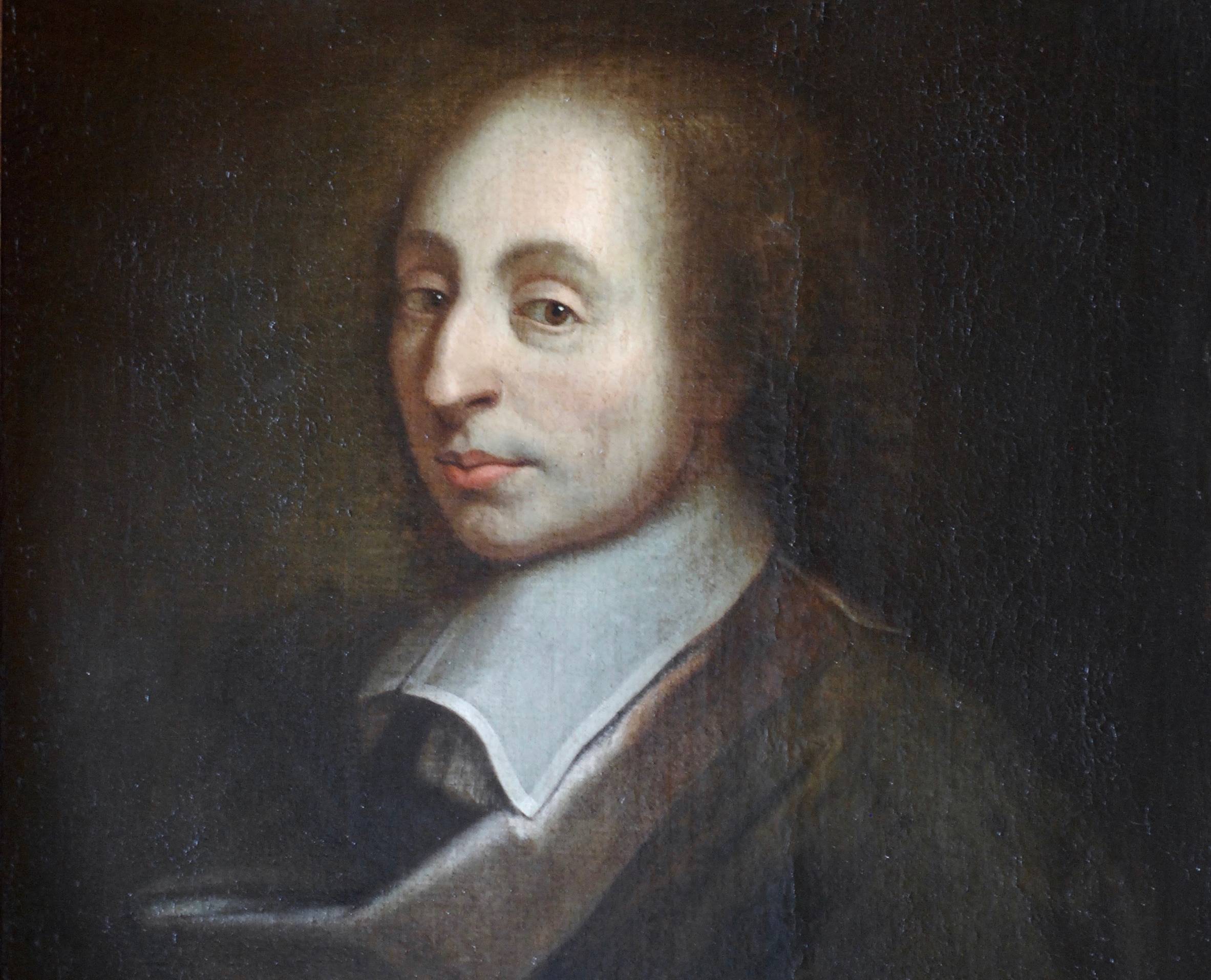 Palace of Versailles, CC BY 3.0, Wikimedia Commons
Palace of Versailles, CC BY 3.0, Wikimedia Commons
Blaise Pascal: Defying A Father’s Will
His father forbade the youngster from studying math, but this did not prevent him from working out all of Euclid’s geometric proofs on his own, using a hunk of charcoal on an old tile, at the age of 13!
 Unknown Artist, Wikimedia Commons
Unknown Artist, Wikimedia Commons
Blaise Pascal: No Mere Number Cruncher
At the age of 17, Pascal had written a highly influential essay on the conic sections equations which attracted the attention of French philosopher René Descartes. By 20, Pascal had invented the prototype of a working mechanical calculator, and was beginning to direct his razor-sharp scrutiny to other fascinating subjects.
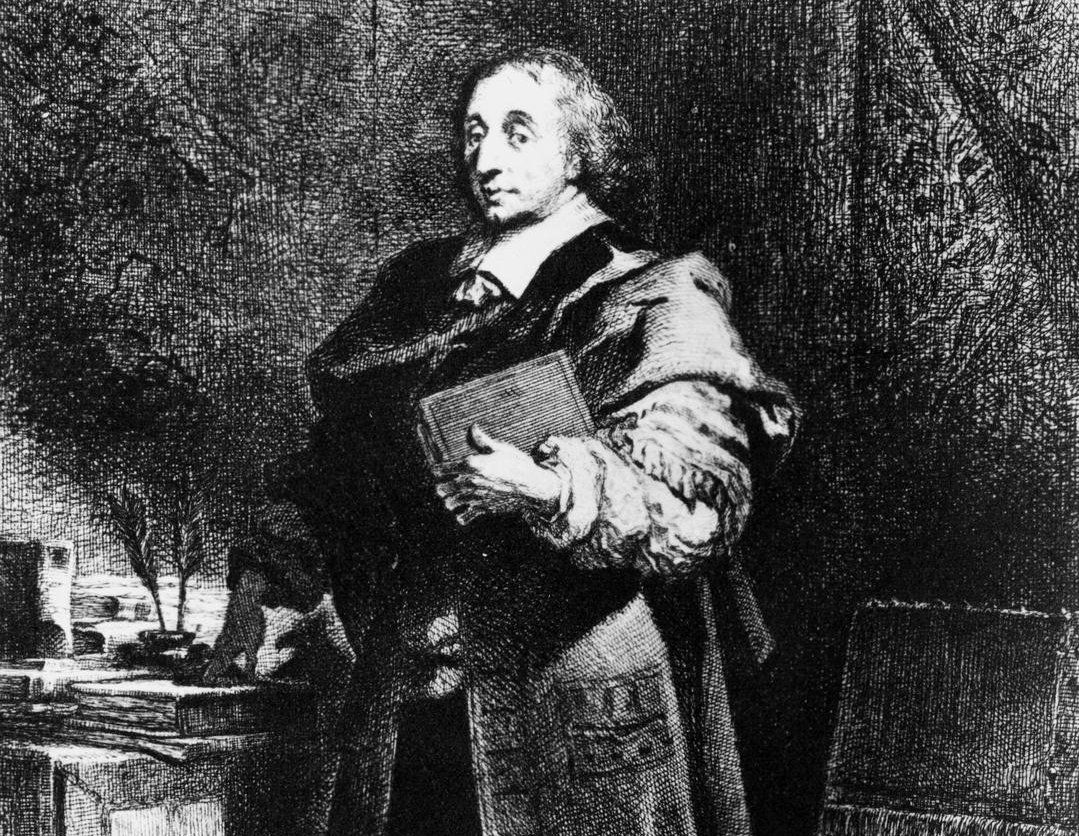 Science Museum, CC BY-SA 4.0, Wikimedia Commons
Science Museum, CC BY-SA 4.0, Wikimedia Commons
Blaise Pascal: Branching Out
Pascal continued to explore diverse subjects beyond the realms of then-current human imagination: fluid dynamics, the relation of air pressure to altitude, probability theory, and he even wrote influential religious treatises. In every respect, we can say that Pascal fulfilled his early potential.
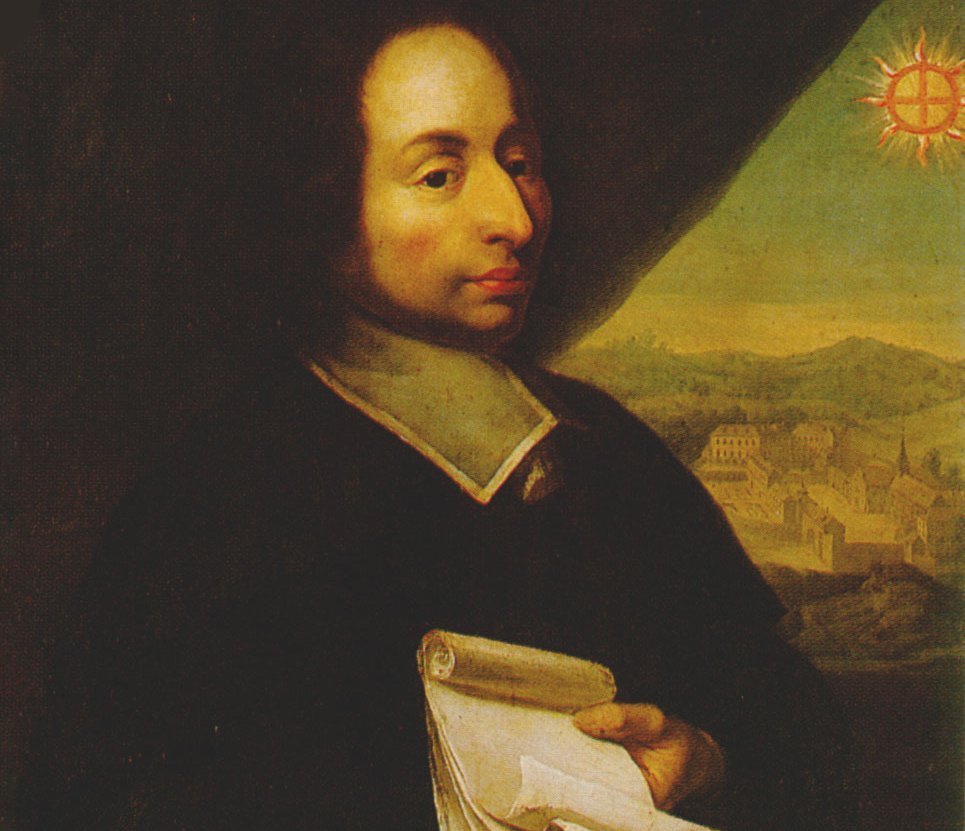 Unknown Artist, Wikimedia Commons
Unknown Artist, Wikimedia Commons
Juana Ines De La Cruz: The Rare Genius Of Sor Juana Ines De La Cruz
Born in Mexico City in 1648, few child prodigies had to confront barriers to success the way that Juana Inés de la Cruz did. From a very early age, she would hide in her grandfather’s library without his permission, to read every book she could get her hands on.
 Palace of Fine arts, CC BY-SA 3.0, Wikimedia Commons
Palace of Fine arts, CC BY-SA 3.0, Wikimedia Commons
Juana Ines De La Cruz: Scaling A Steep Learning Curve
By the age of three, she could read and write Latin. At 13, Juana was teaching courses in Greek philosophy. She had mastered Nahuatl, the language of the Aztecs, and was writing verse poetry in that language.
 José Luis Filpo Cabana, CC BY 3.0, Wikimedia Commons
José Luis Filpo Cabana, CC BY 3.0, Wikimedia Commons
Juana Ines De La Cruz: A Lack Of Career Options
Eager to enter university, she fruitlessly begged her mother to allow her to disguise herself as a man in order to gain admission. The career path for genius women was certainly very different from what it is nowadays.
 Gregorio Fosman, Wikimedia Commons
Gregorio Fosman, Wikimedia Commons
Juana Ines De La Cruz: Turning Point
Disappointed at not being allowed to pursue a higher formal education, de la Cruz continued her studies independently. An attractive woman, she turned down several offers of marriage, preferring to concentrate on her studies. She continued to dazzle everyone around her with her wide-ranging erudition.
 Crisp26, CC BY-SA 3.0, Wikimedia Commons
Crisp26, CC BY-SA 3.0, Wikimedia Commons
Juana Ines De La Cruz: Making The Most Of Her Situation
She eventually entered a convent whose rules allowed her to continue studying, teaching, and writing. She pursued these activities at an extraordinarily high level of excellence and productivity for the rest of her life. Overcoming many setbacks, Juana Ines de la Cruz is now recognized as one of the greatest writers of Spanish and Mexican literature.
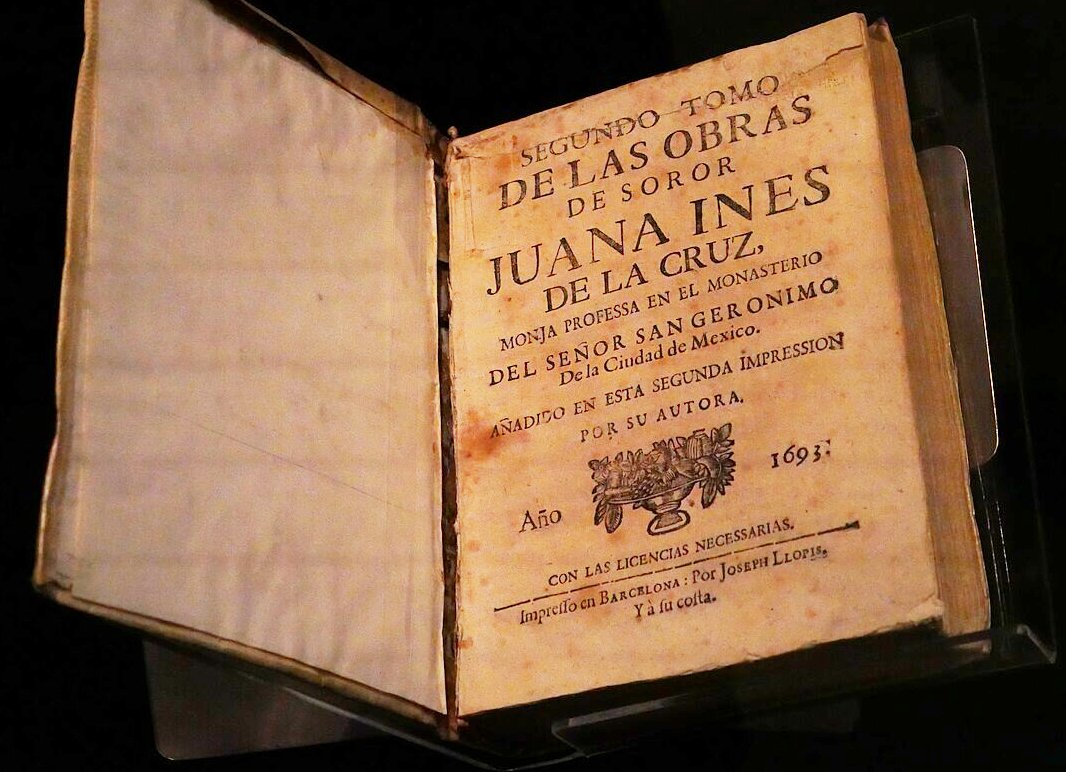 Luis Alvaz, CC BY-SA 4.0, Wikimedia Commons
Luis Alvaz, CC BY-SA 4.0, Wikimedia Commons
Bobby Fischer: Chess Prodigy
Bobby Fischer obtained his first cheap chess set from a candy store at the age of six, and his fascination with the game soon grew into an all-consuming obsession. By the age of eight, he was making a name for himself on the city chess circuit. Fischer’s stellar playing attracted the attention of local chess grandmasters who began to instruct him in the finer points of the game.
Bobby Fischer: From Whiz Kid To World Champion
By 13, Fischer was playing in the US National Chess Championship, where he won the famed “Game of the Century” against Donald Byrne. From there, he went on to win the US championship at the age of 14, in 1958. He would eventually become the World Chess Champion in 1972, at the age of 29, in his legendary games with Boris Spassky.
Bobby Fischer: Descent From The Summit
Soon after the greatest victory of his life, Fischer began to display erratic and unpredictable behavior. He didn’t end up defending his championship against the next challenger in line for the title, and was soon stripped of his title.
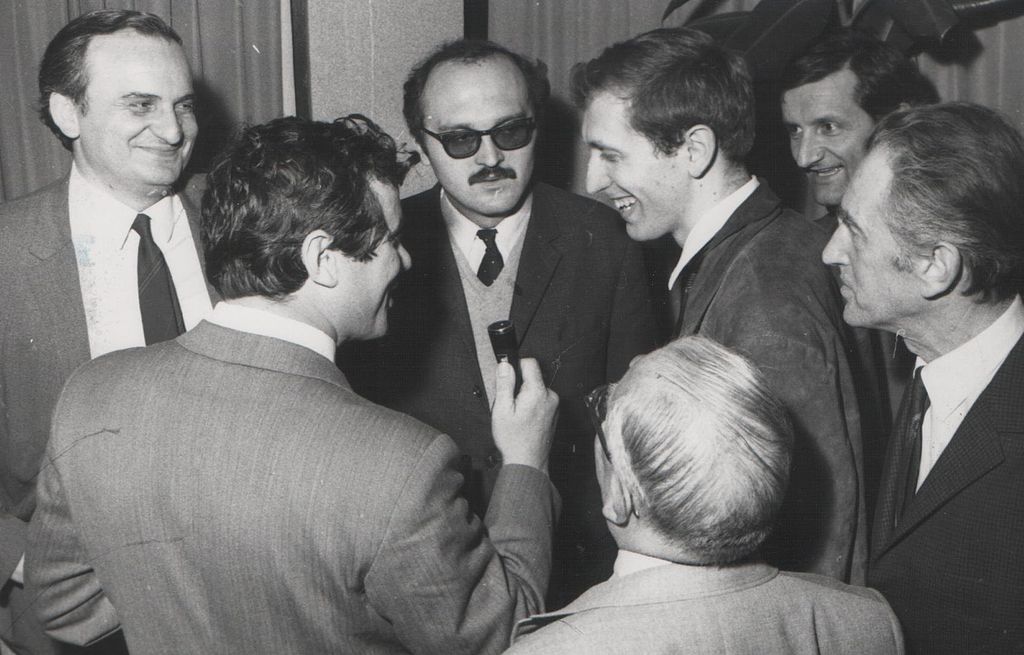 Stevan Kragujević, CC BY-SA 3.0, Wikimedia Commons
Stevan Kragujević, CC BY-SA 3.0, Wikimedia Commons
Bobby Fischer: On The Outside Looking In
Fischer did not play a public match for twenty years. Amid speculation about his mental state, possible burnout, and the reason for his many controversial public statements, his competitive chess career was over.
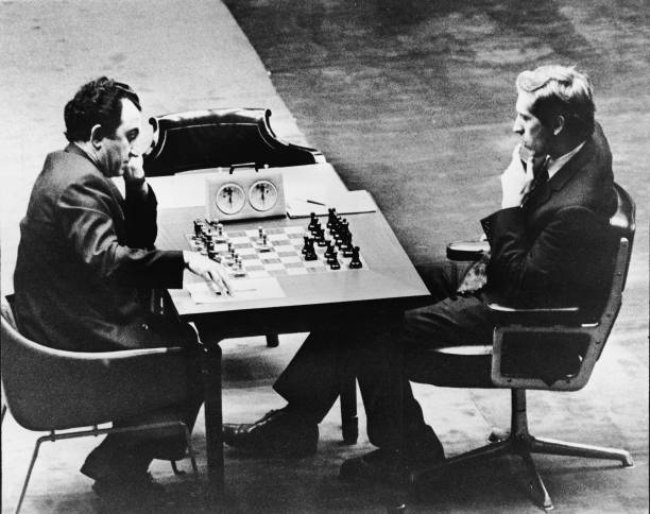 Express Newspapers, Getty Images
Express Newspapers, Getty Images
Bobby Fischer: Obsession Leads To Burnout
It’s possible that a life entirely devoted to chess may have contributed to Bobby Fischer’s later erratic behaviour and withdrawal from the game. Chess is notorious for the long hours spent away from the board studying, and a lack of other interests only adds to the pressure to succeed.
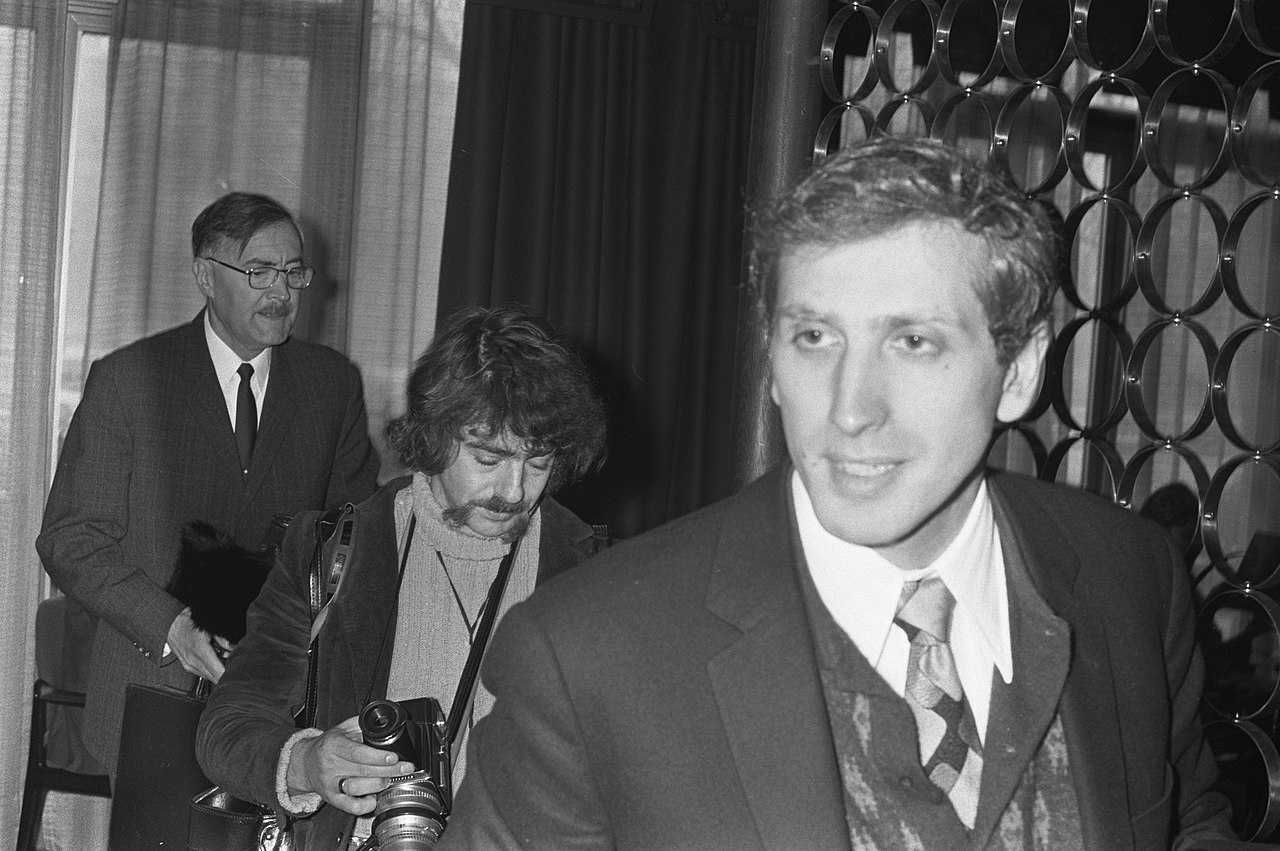 W. Punt, CC0, Wikimedia Commons
W. Punt, CC0, Wikimedia Commons
Bobby Fischer: Later Vicissitudes
Fischer was later the target of a US federal arrest warrant for playing a match in Yugoslavia while the country was under UN sanctions. He never returned to the United States. He was later arrested in Japan while trying to board a plane with his revoked US passport.
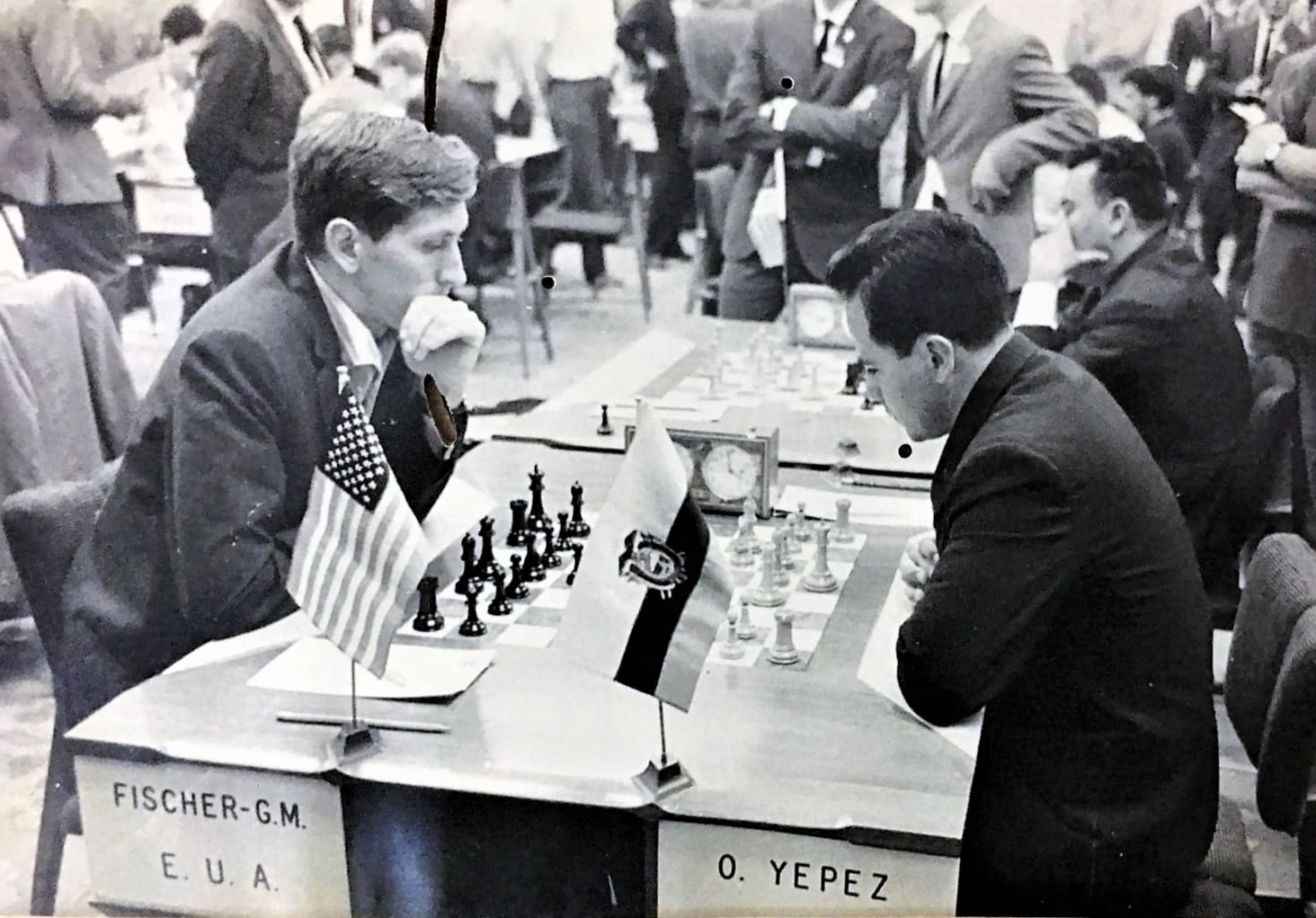 Pablopv, CC0, Wikimedia Commons
Pablopv, CC0, Wikimedia Commons
Bobby Fischer: Finding Peace
After nine months in a Japanese prison, he permanently moved to Iceland. He continued to write and offer thoughtful commentary on the game he loved. He passed on in 2008.
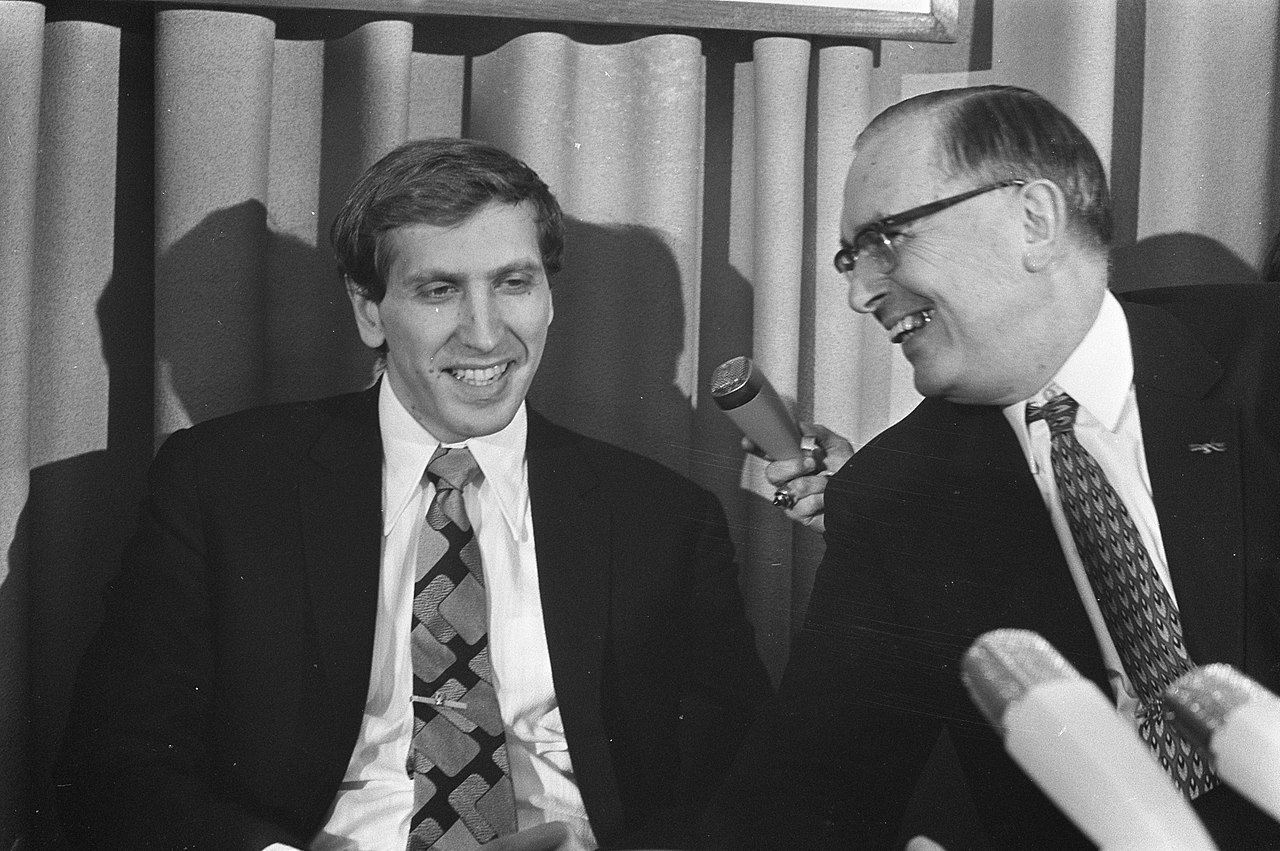 Bert Verhoeff, CC0, Wikimedia Commons
Bert Verhoeff, CC0, Wikimedia Commons
Tiger Woods: A Child’s Quest For Glory
Tiger Woods began developing his formidable skills under the firm guidance of his father. As a three-year-old, he was able to take part in a putting competition with celebrity golf gadfly Bob Hope. When he was five, he stunned the audience of the TV show That’s Incredible with his skills, and was the subject of an article in Golf Digest.
 Keith Allison, CC BY-SA 2.0, Wikimedia Commons
Keith Allison, CC BY-SA 2.0, Wikimedia Commons
Tiger Woods: Climbing The Ladder
It wasn’t long before Woods began asserting his dominance over the junior golf circuit in the United States. By 14, he was even able to compete on a level with PGA (Professional Golfers Association of America) players, including a close loss to the formidable John Daly.
Tiger Woods: Breakthrough
Joining the PGA at the age of 20, he won the Masters tournament the following season with a record-shattering performance.
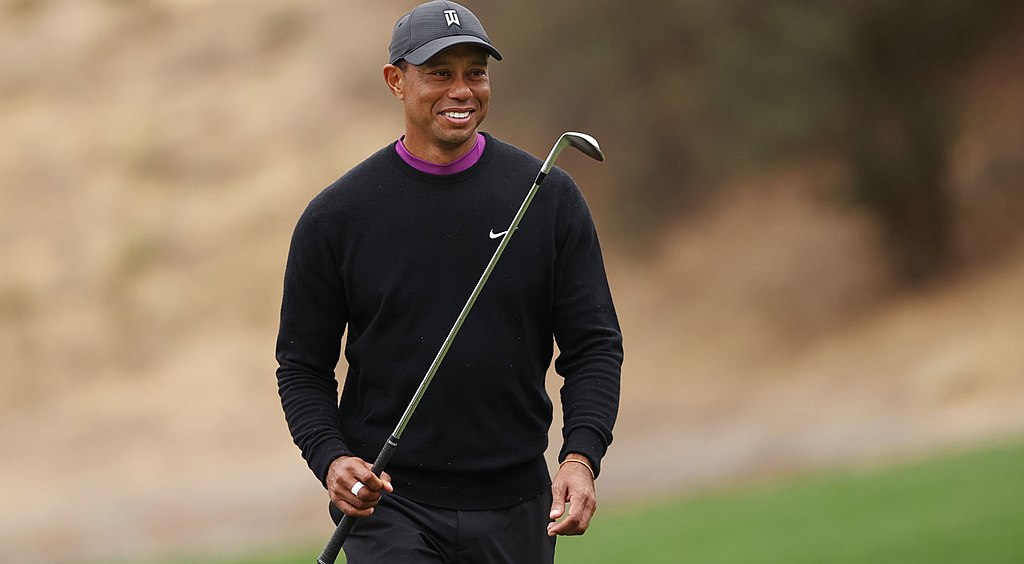 Theflowerbar, CC BY-SA 4.0, Wikimedia Commons
Theflowerbar, CC BY-SA 4.0, Wikimedia Commons
Tiger Woods: Years Of Dominance, Years Of Adversity
Woods continued to dominate in the years following his first Masters win, right up until the mid-2000s, when he began to be affected by injuries and inconsistent play. Then, the shocking revelation of his numerous extra-marital affairs damaged his reputation, and many companies withdrew their product endorsement deals with Woods.
Tiger Woods: A Tough Act To Follow
In the past 15 years, Tiger Woods has won many tournaments and shown flashes of the early brilliance that mesmerized a generation of fans. He has also struggled at times, and has been unable to consistently dominate as he did in his twenties. Then in 2021, the worst happened: Woods suffered a car crash that left him with "multiple leg injuries", including a fractured right tibia and fibula. Surgeons installed rods and screws to repair his leg, but the severity of his injuries—along with recurring back problems—have cast doubt on his future career.
 Peetlesnumber1, CC BY-SA 4.0, Wikimedia Commons
Peetlesnumber1, CC BY-SA 4.0, Wikimedia Commons
Child Prodigies: Unlocking Potential
We’ve all heard stories of child prodigies and their incredible skills with musical instruments, mathematics, chess, and so on. Viewing the uncanny abilities of such young people makes us wonder about the potential that might lie within each of us. Where do these amazing talents come from? Are they innate to the child, or do they require the stern hand of a parent or instructor to help bring them out?
 TamikaWest, CC BY-SA 4.0, Wikimedia Commons
TamikaWest, CC BY-SA 4.0, Wikimedia Commons
Child Prodigies: Early Exposure
Most child prodigies seem to have had very early exposure to their skill or subject. The child quickly develops a passion for the subject, and with the help of an encouraging adult, is off on their own adventure of incredible achievement.
Child Prodigies: Parental Guidance
History shows that parents often take a strong hand in the development of their children’s exceptional talents. John Stuart Mill is a great example of this: His father pushed him to master philosophy, Latin, and Greek before he was ten years old! And his father’s rules were strict—he stopped Mills from playing or associating with other kids. Mills Sr. wasn’t about to let his son be dragged down by the Law of Averages!
 Unknown Author, Wikimedia Commons
Unknown Author, Wikimedia Commons
Child Prodigies: The Role Of Chance
Chance events can set children on a path to excellence without the intervention of parents. Michelangelo, for example, was sent off to live with a nanny whose husband ran a marble quarry. The young Michelangelo soon became obsessed with carving figures with a hammer and chisel. He was taking his first wobbling steps on the way to becoming the ultimate Renaissance man.
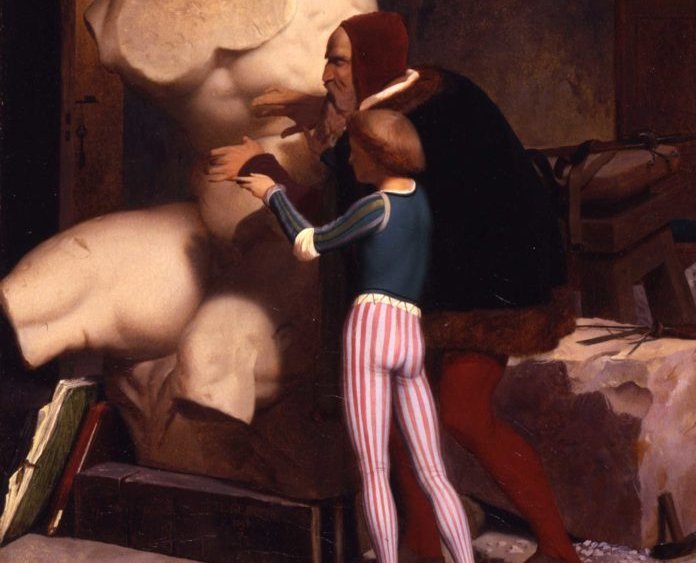 Jean-Léon Gérôme, Wikimedia Commons
Jean-Léon Gérôme, Wikimedia Commons
Child Prodigies: Privileged Upbringing
Of the five prodigies we’ve looked at, only Bobby Fischer seems to have had a somewhat hardscrabble upbringing as the child of a single mother, moving from one small apartment to another. The other four grew up in more stable middle-class circumstances, immersed in stimulating activities.
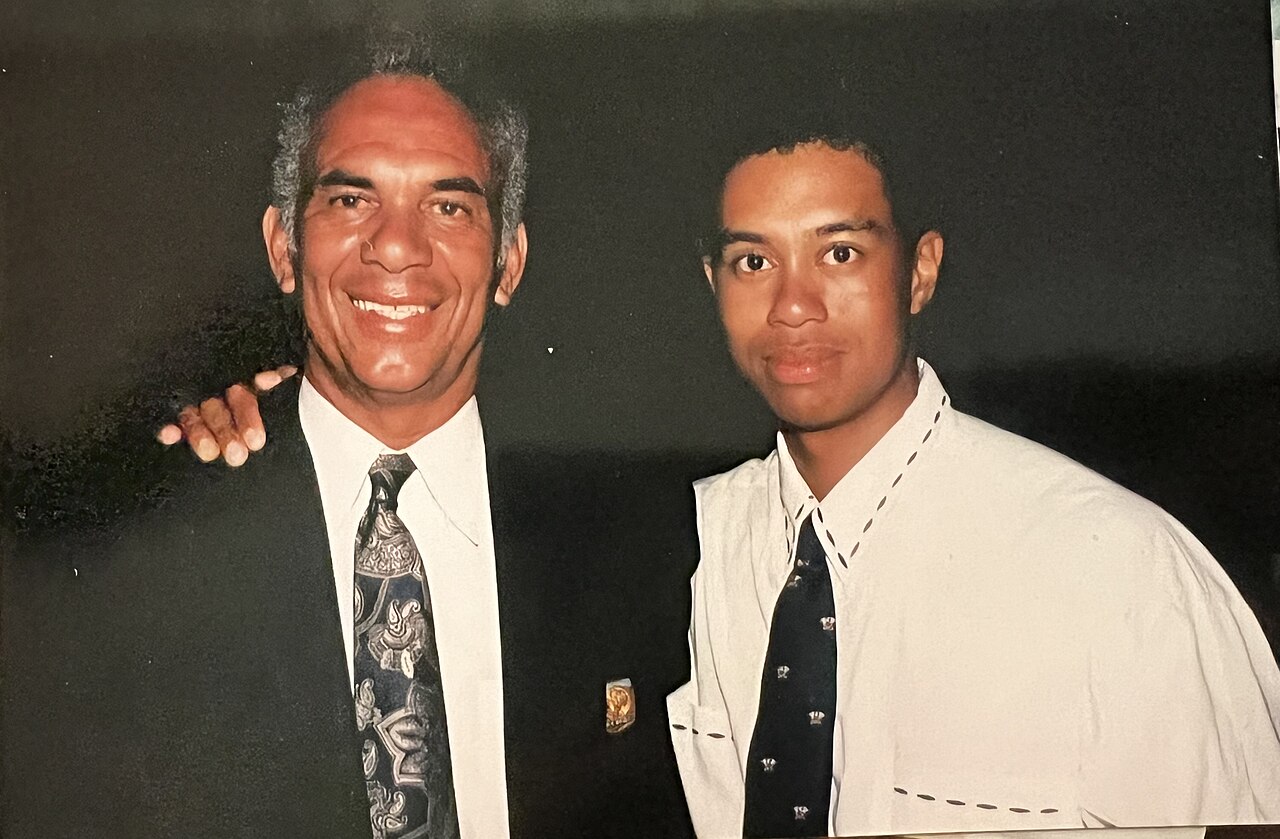 Aunthank, CC BY-SA 4.0, Wikimedia Commons
Aunthank, CC BY-SA 4.0, Wikimedia Commons
Child Prodigies: Society’s Barriers
The case of Juana Inés de la Cruz shows that for a long time in the past there were social and economic barriers to the success of a child prodigy. While women are no longer prevented from going to university, poverty, chaotic family situations, and bad circumstances can be significant barriers to the fulfillment of a child prodigy.
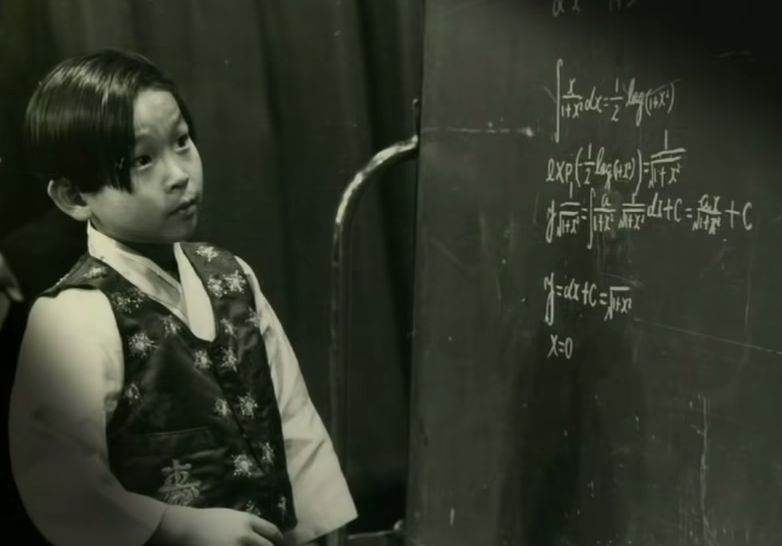 Unknown Author, CC BY-SA 4.0, Wikimedia Commons
Unknown Author, CC BY-SA 4.0, Wikimedia Commons
Child Prodigies: Practice Makes Perfect
Proper systematic practice from a young age, combined with the neuroplasticity of a rapidly growing brain reaps incredible rewards. The importance of consistent practice is especially notable in chess and music.
 Margaret Dicksee, Wikimedia Commons
Margaret Dicksee, Wikimedia Commons
Child Prodigies: The Power Of Flow
Researchers have also found that children make the most progress when they can achieve a state of “flow”. Flow is a mental state in which a person’s absorption in an activity is so complete and so enjoyable that they lose awareness of the passage of time, and of all other outside influences or needs.
Child Prodigies: IQ And Working Memory
Researchers have shown that child prodigies show above average IQs. They also have proven that child prodigies have an outstanding working memory. You may ask, what is working memory?
 woodleywonderworks, CC BY 2.0, Wikimedia Commons
woodleywonderworks, CC BY 2.0, Wikimedia Commons
Child Prodigies: Working Memory
Working memory is a combination of your short-term memory and the increased reasoning ability that comes from it. The powerful working memory of child prodigies gives them immense abilities of concentration and rapid self-improvement when it comes to performance.
 Galeri ega, CC BY-SA 4.0, Wikimedia Commons
Galeri ega, CC BY-SA 4.0, Wikimedia Commons
Child Prodigies: No Guarantees
Sustained childhood excellence in STEM subjects, language learning, chess, or music doesn’t automatically translate to adult success. That’s mainly because prodigious abilities are often accompanied by great pressure to succeed as the child grows older. For every Mozart or Blaise Pascal, there are many other child prodigies that met with failure, illness, or legal problems in their adult lives.
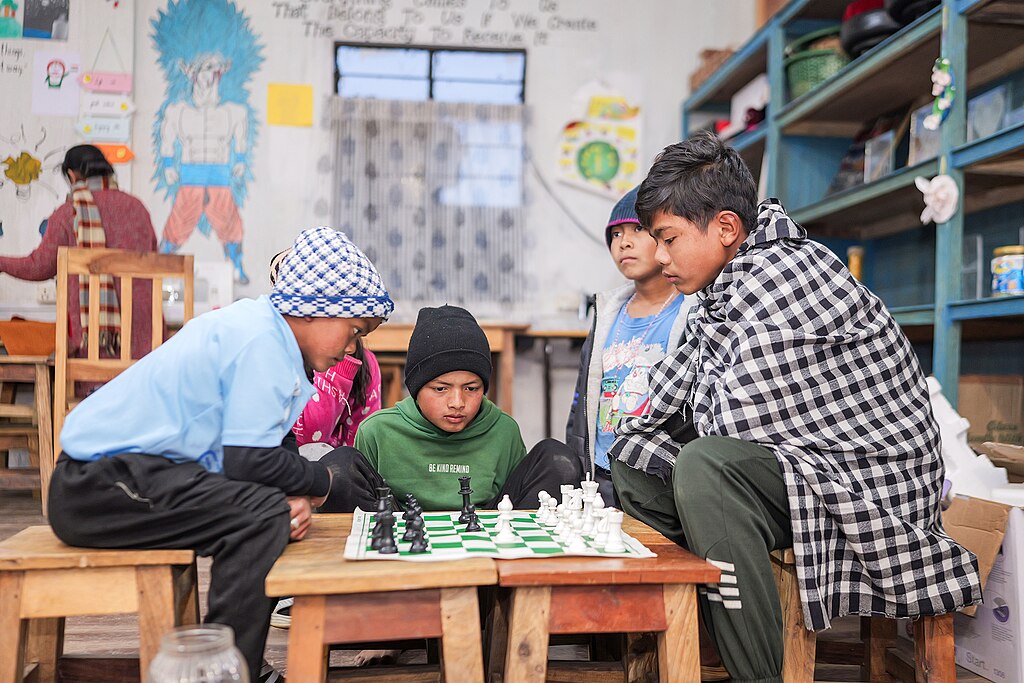 Wann Majaw, CC BY 4.0, Wikimedia Commons
Wann Majaw, CC BY 4.0, Wikimedia Commons
The Hidden Reservoir
Many of us are fascinated by the skills of child prodigies and may even envy the beguiling ease with which they do things. These wunderkinds may even tempt us to ask ourselves where all the years went. While we can’t go back to our childhood, it’s never too late to tap into our potential and develop skills of our own.


